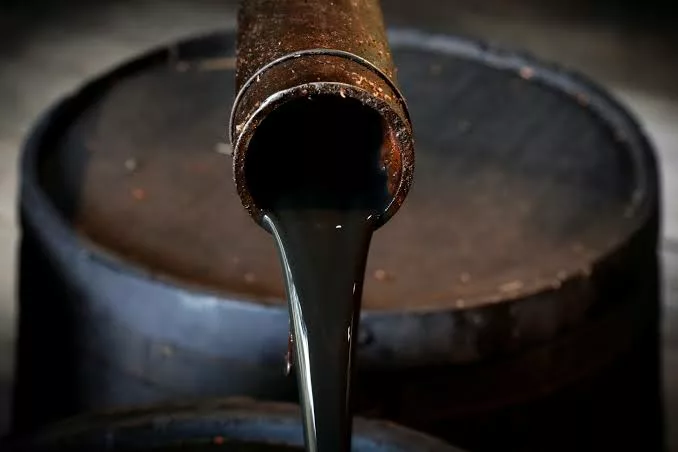
The House of Representatives Ad-hoc Committee investigating pre-shipment inspection failures and the non-remittance of crude oil proceeds has vowed to address longstanding revenue leakages in Nigeria’s oil and non-oil export sectors.
The chairman of the committee, Hon. Seyi Sowunmi, stated this at the opening of a capacity-building workshop for committee members in Abuja on Tuesday.
He stated that Nigeria loses billions of dollars annually to unverified crude shipments, under-declarations, and the non-repatriation of export proceeds. This trend has deprived citizens of hospitals, schools, infrastructure, and opportunities.
“For decades, crude oil has been our economic backbone, yet the system is bleeding. These leakages are not just numbers — they represent lost futures for millions of young Nigerians,” he said.
Sowunmi said the House set up the committee in response to mounting evidence of systemic exploitation in crude and non-oil exports, stressing that the probe is a national mission, not a witch-hunt.
“This committee intends to close loopholes, recover lost value, and restore confidence in Nigeria’s economic governance. For the first time, we are looking at the entire export chain from crude oil flows to financial repatriation through a transparent, data-driven lens,” he said.
The chairman stated that the ongoing workshop was designed to equip lawmakers with the expertise necessary to address the technical aspects surrounding export data, maritime operations, and financial intelligence.
He said experts in trade compliance, forensic auditing, and international oil transactions are facilitating the training, adding that
The exercise is an investment in competence, credibility, and national integrity.
Sowunmi urged his colleagues to embrace stronger legislative oversight and champion reforms that would guarantee that natural resource earnings benefit Nigerians, warning that the era of impunity and unaccounted exports is coming to an end.
In his remarks, Hon Peter Aniekwe (LP, Anambra), cautioned members to expect resistance from vested interests opposed to transparency in oil revenues.
“We know there will be fightbacks, but we must stand firm and do the right thing because the country depends on this revenue. In the end, Nigerians will be happy with our work,” he said.
SOURCE: LEADERSHIP NEWS PAPER






